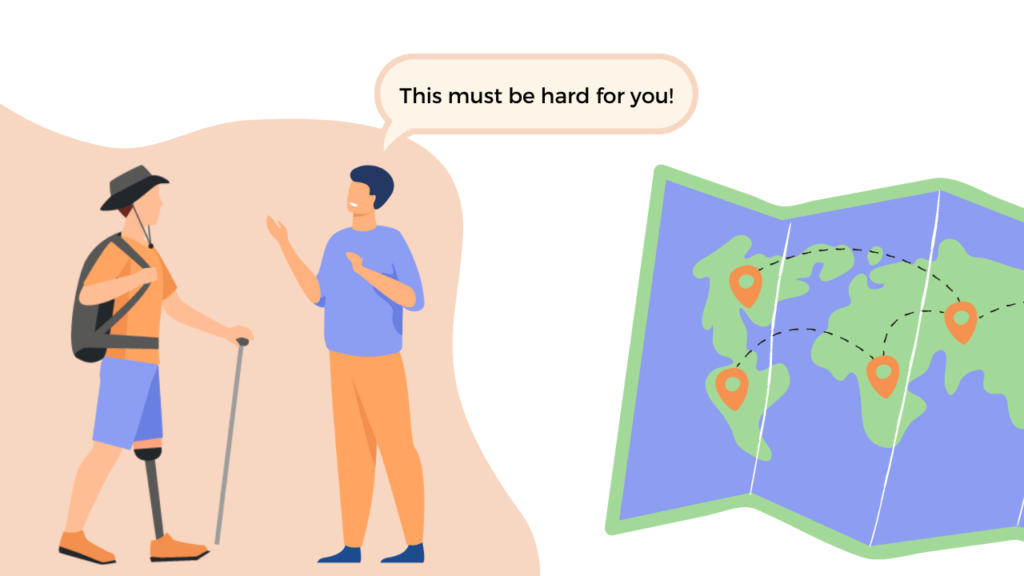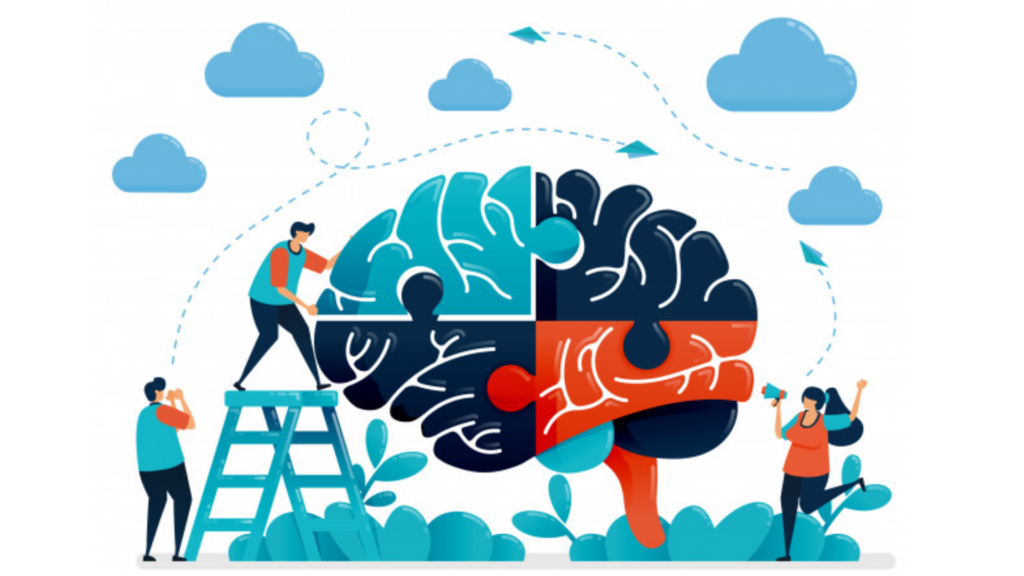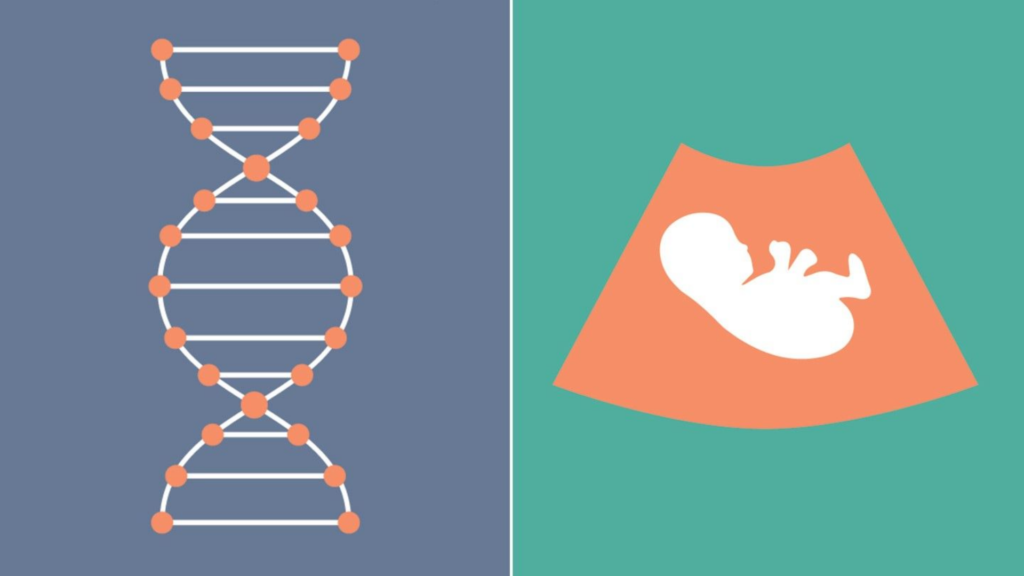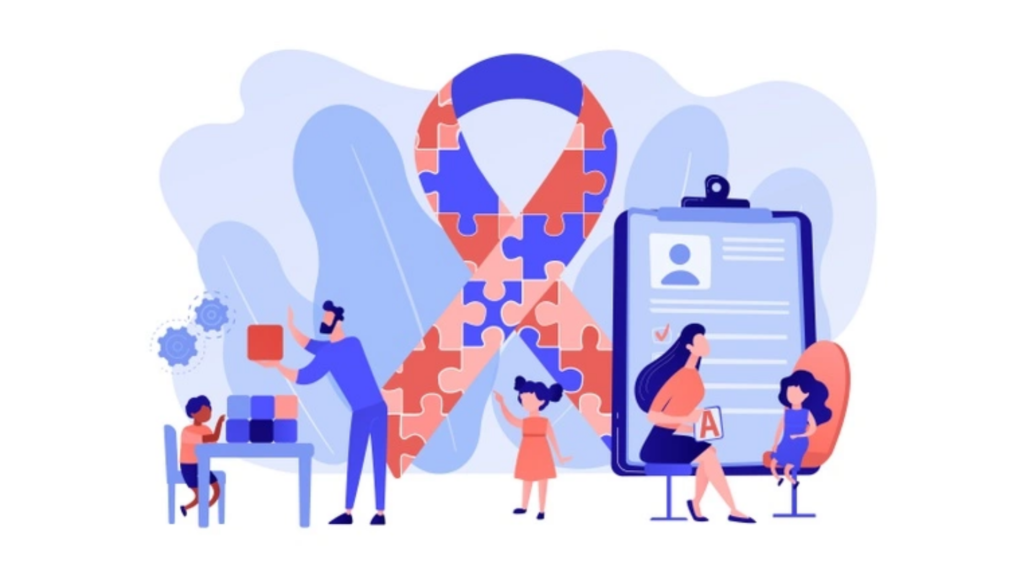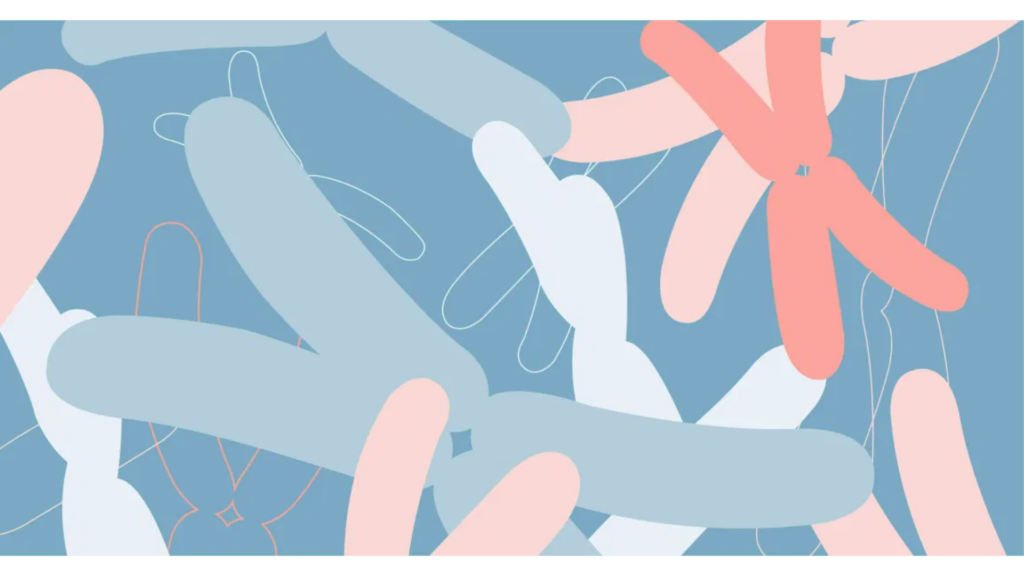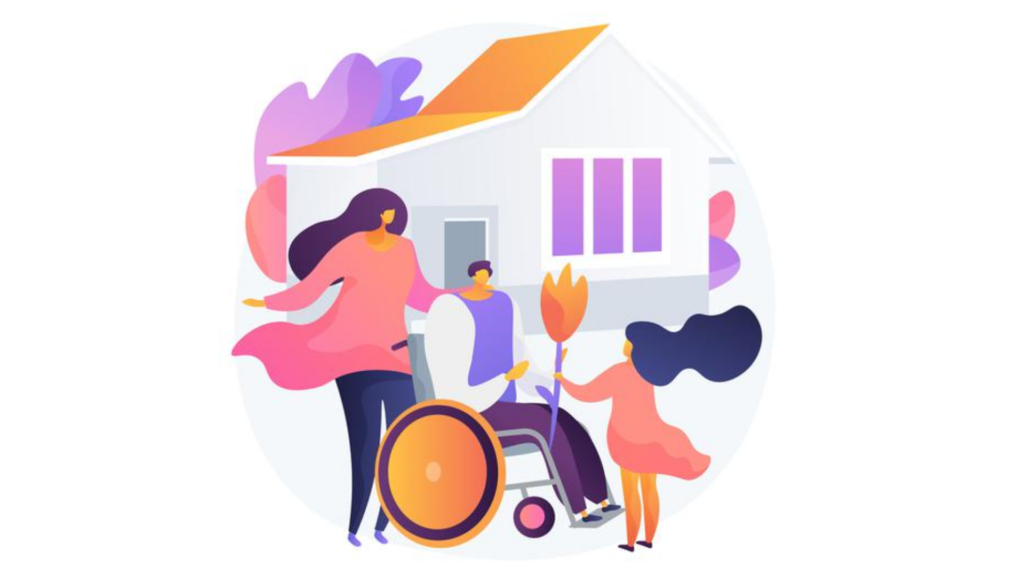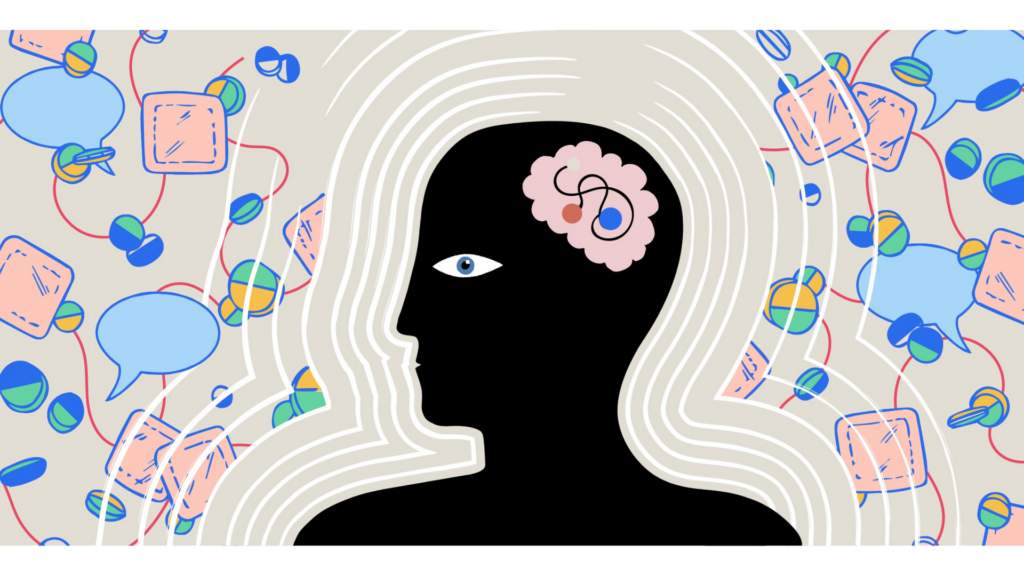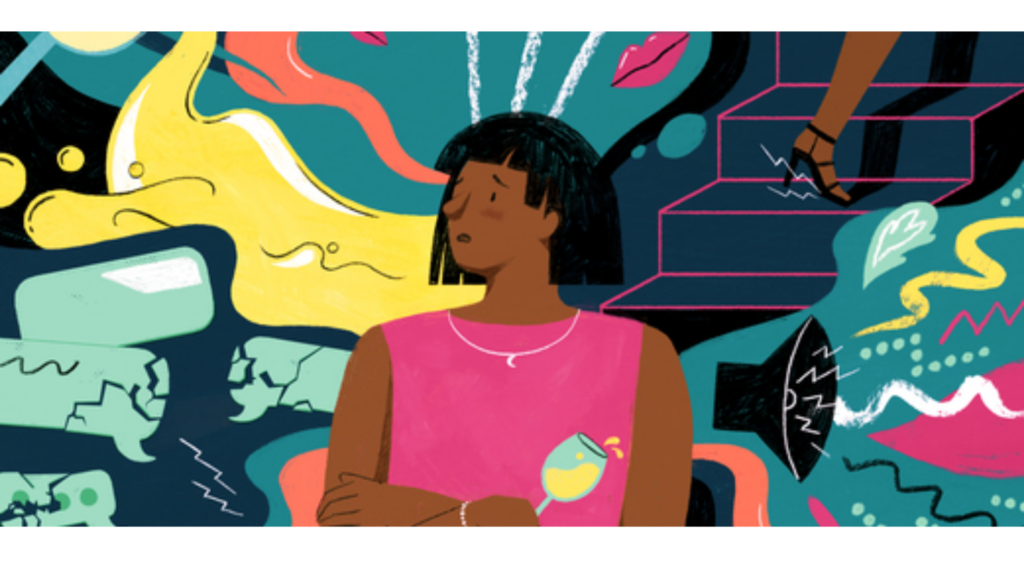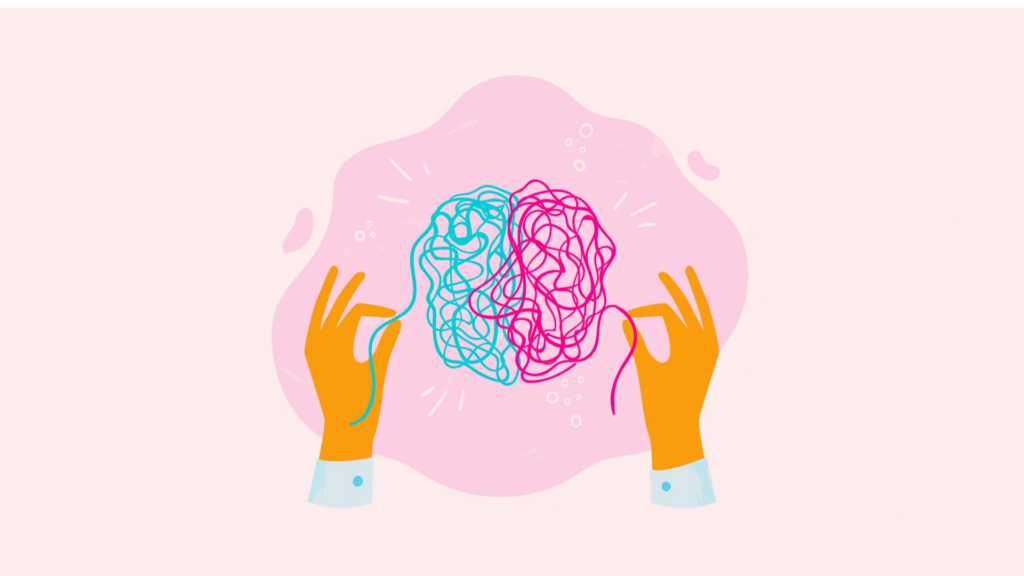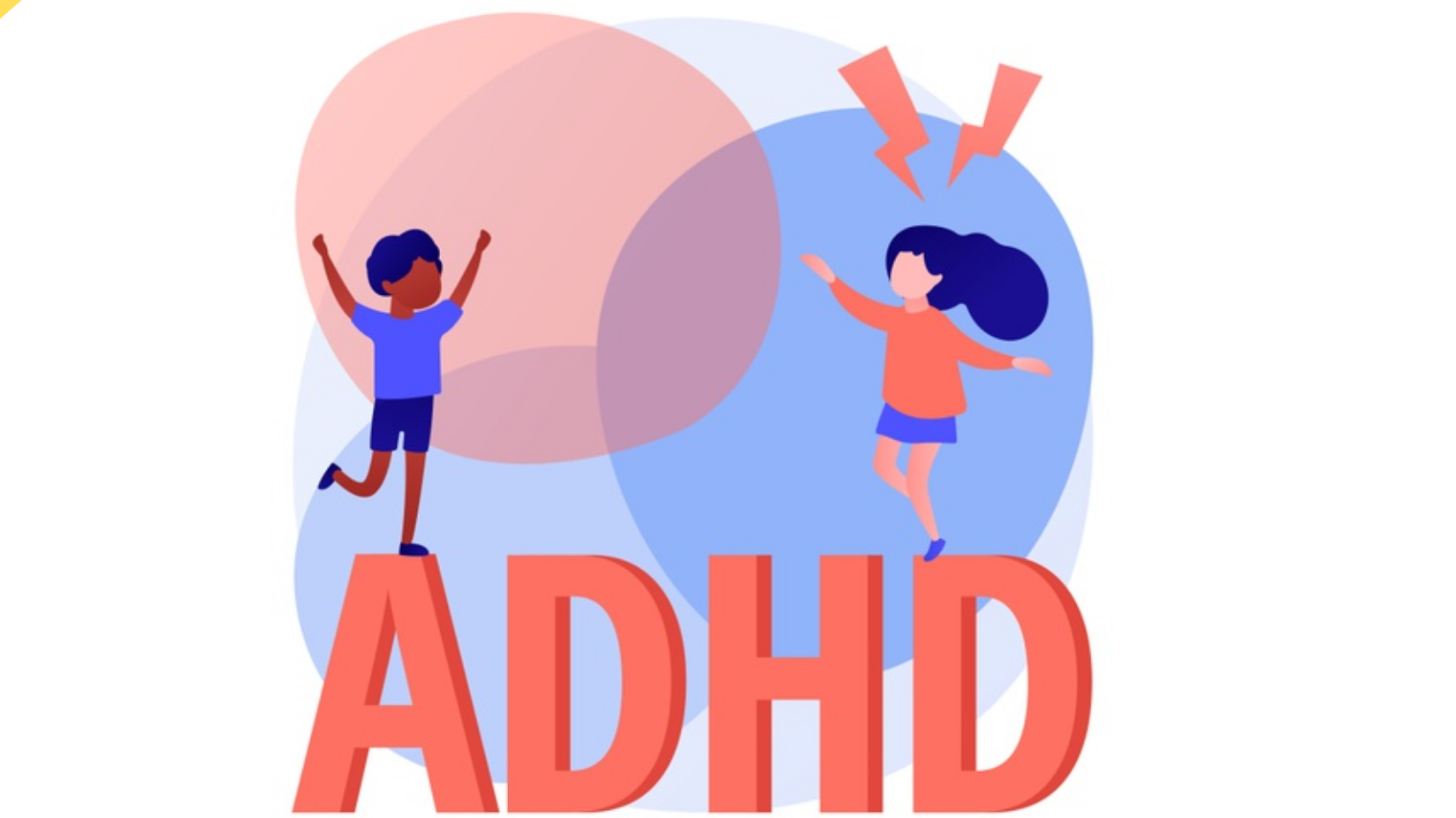Informative blog articles related to the basics of Neurodiversity focusing on the science behind neurological disorders
Celebrating an inclusive Diwali
Diwali is a time for celebration. Its a time when we celebrate togetherness and try to drive away negativity with light. However, Diwali and other Indian festivals can bring unique challenges to neurodiverse people. This maybe due to disrupted routines, sensory overload and changes to usual sets of activities. There’s also the extra noise, the
- Published in Basics of Neurodiversity
Adaptive Clothing
Inclusion can be defined as the practice or policy of providing equal access to opportunities and resources for people who might otherwise be excluded or marginalized, such as those who have physical or mental disabilities and members of other minority groups. As we start being inclusive in all spheres and social practices, it becomes extremely
- Published in Uncategorized
What is Ableism?
Ableism is defined as the discrimination and oppression of disabled people; the societal belief that being abled is “normal” and is preferred. It is a system of oppression that favours being able-bodied/able-minded at any cost, frequently at the expense of people with disabilities. (Stacey Milbern “Ableism is the Bane of My Motherfuckin’ Existence”). At its
- Published in Basics of Neurodiversity, Healthcare & Neurodiversity, Uncategorized
Neurodiversity and Academia
The word “disability” has been a subject of a wide spectrum of debate for ages. Individuals and communities over the years have tried to come up with a definition of the word “disabled” that encompasses most of the “disabilities”. These trials have led to a gradual evolution of various models of disability. These models often
- Published in Basics of Neurodiversity, Global overview of Neurodiversity
The Raksha Bandhan of Neurodiversity
For generations, traditional social structures have found themselves closely wedded to the idea that psychological differences are aberrations that threaten the longevity of a ritual and are harmful to “traditions”. The idea of neurodiversity did not fit into the narrative of “culture”.However, prevalent social rituals such as Raksha Bandhan have paved the way for the
- Published in Basics of Neurodiversity
Neurodiversity and Bollywood
Mainstream Indian cinema has its fair share of disability portrayals. But have they been realistic—especially when such disabilities are invisible? Cinema is considered to be a powerful medium to reflect and influence what society thinks and believes. Between the real and reel life, the silver screen has educated the masses—fostering changed practices and attitudes while
- Published in Basics of Neurodiversity
Rett’s Syndrome
- Published in Basics of Neurodiversity
Fragile X Syndrome
“Having Fragile X Syndrome does not make you more Fragile than the others!” With some cutting-edge research going on in the field of biosciences, scientists and researchers are discovering and discussing disorders and conditions that are quite unheard of by the general public. One such syndrome is the Fragile X syndrome. As the name implies,
- Published in Basics of Neurodiversity
Autism: Why fit in when you were born to stand out?
If you’ve met one person with Autism, then you’ve met one person with Autism – Stephen Shore Have you come across the Netflix show “Atypical” or “Love on the Spectrum”? Okay, if not this, then for all the Bollywood fanatics, surely you have seen Priyanka Chopra in “Barfi” or Shah Rukh Khan in “My Name
- Published in Basics of Neurodiversity
Down’s Syndrome
- Published in Basics of Neurodiversity
Cerebral Palsy: Yes, I have CP & NO, it’s not contagious!
“Don’t be ashamed of your story, It is an inspiration to the others” When we talk about “Neurodiversity” as a broad umbrella term, we are talking about structural and functional differences of the brain. However, what we also need to realise is that a number of disorders or conditions do come with a set of
- Published in Basics of Neurodiversity
Tourette’s Syndrome: What makes you tic?
Tourette’s is in my speech, not in my intellect Have you ever come across someone who shows sudden quick movements, twitching, vocalizations, repetitive words? If yes, chances are that that person has Tourette’s syndrome. This is one of the not so common disorders falling under the umbrella term of Neurodiversity. A lot of you must
- Published in Basics of Neurodiversity
Dyspraxia
- Published in Basics of Neurodiversity
Dysgraphia
“ I don’t have a bad handwriting, just my own font!” When we were all in school, I am sure all of us had one of those “Best Handwriting Competitions”. I noticed a lot of the students would have spelling mistakes, wouldn’t be able to form sentences accurately and just couldn’t improve their handwriting no
- Published in Basics of Neurodiversity
Dyscalculia: 1+1=3 Its okay, it doesn’t have to add up every time!
- Published in Basics of Neurodiversity
Dyslexia: Not a disease or physical condition, but a Learning Style!
Everybody is a genius. But if you judge a fish by its ability to climb a tree, it will live its whole life thinking it’s stupid -Albert Einstein When I was in school, I remember some students being labelled as “weak” students or “slow learners”. My classmates always thought that something was wrong with them
- Published in Basics of Neurodiversity
ADHD: Do we or do we not have your attention?
ADHD is not about knowing what to do, but doing what one knows Russell Barkley Have you ever come across someone who’s extremely fidgety, can’t sit still in one place for too long, keeps getting distracted or feels hyperactive and restless for most of the time? Chances are that they have low attention spans which
- Published in Basics of Neurodiversity
Neurodiversity: What does it mean?
The Human Brain is as Diverse as the Human Fingerprint – Victoria McGovern What comes to your mind when you read the word “Neurodiversity”? Think of Biodiversity, Racial diversity, Cultural diversity, Sexual/Gender diversity. I am sure you are able to associate specific images or scenarios in your head. Similarly the word Neurodiversity, simply broken down
- Published in Basics of Neurodiversity



